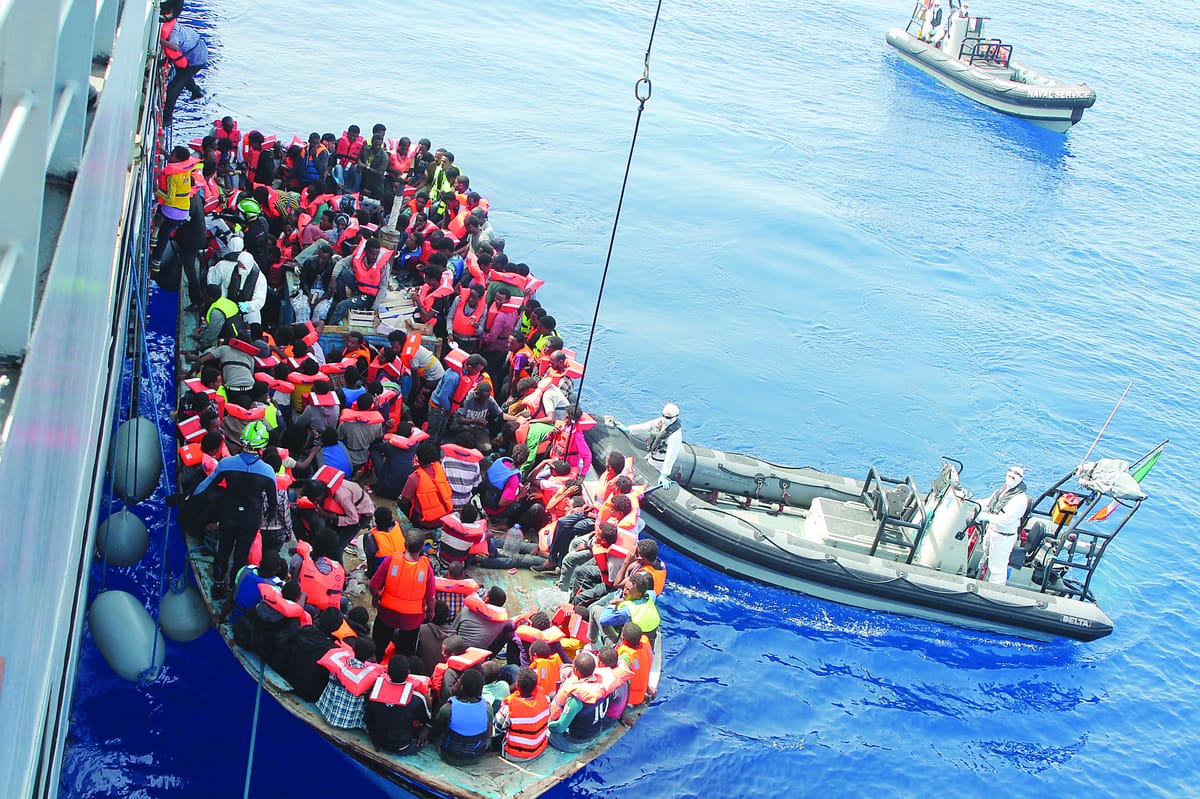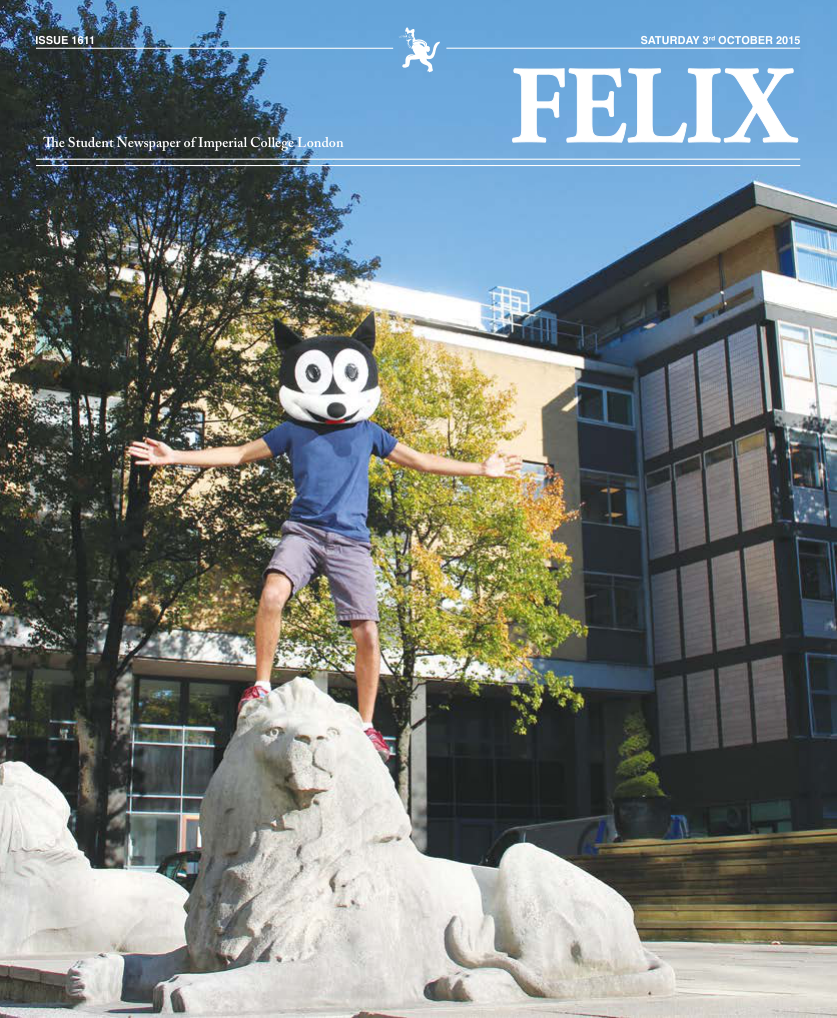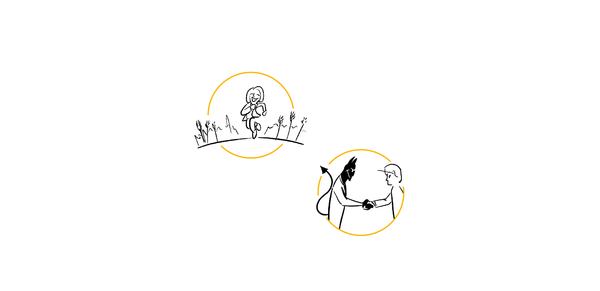Words can help us understand this
Tessa Davey champions the need to talk about events to truly comprehend them

Under the strain of thousands of people seeking refuge in Europe, several countries including Germany began to restrict their borders, after decades of free travel within the continent and the Schengen Area.
As a result, my well planned and advance booked night train from Vienna to Munich, being a direct train from Budapest, was partially and then fully cancelled in the early afternoon. I hurried to the train station, cursing the refugees, assuming that I would be able to switch to a different train fairly easily.
When I got to the station, it was clear that this wouldn’t be the case. The back of the station was organised chaos, with volunteers and refugees milling around, distributing food or organising people. Sleeping and children’s play areas had been set up, and this had clearly become a temporary home for hundreds of families. At the ticket office, armed police were guarding the ticket machines, inspecting passports before you were allowed to buy a ticket, not that it would have got you anywhere.
The scale of what Europe is facing rapidly hit me. Although still accepting refugees, Germany is obviously desperate to regain some control over the situation, and the border at this rail crossing is probably going to remain closed for some time. I had to find another way to get to Munich.
Tickets into Germany were scarce, selling out quickly, and mainly only available at sales offices, not online. Buses seemed to be the only way, but with roadblocks throughout Austria, and the border being partially closed, it wasn’t clear if anything would be running at all, how delayed it might be, or if it might have to turn back. Neither the bus operators nor the staff at the bus stations could offer any reassurances. After a day of chasing tickets for services that shortly got cancelled, I shelled out a final €40 for a night bus that looked hopeful, and settled down for an evening of obsessing about roadblocks and border controls.
Just before midnight, dozens of clearly stressed people waited for the bus, worrying about where they would stay should they be left without anywhere to go in the middle of the night. When the bus finally arrived, the passengers desperately swarmed towards it, overpowering the driver.
I was lucky. The only thing that this cost me was a wasted ticket to the ballet (that I didn’t go to so I could catch the bus), some money, and a few hours of my time. I was stressed, for sure, but it was nothing compared to the stress and desperation that has become the reality for many families whose lives have become a matter of trying to find ways to travel to the next country.
In most of the central European countries, people are clearly very sympathetic to their plight, and are very willing to offer provisions, belongings, time and space to help ease the situation.
Our opinions are what define us as people, and what make us human
In the UK we’re clearly shielded from the worst of this crisis. Beyond the basics in the news, I hadn’t kept abreast of all the reporting surrounding this exodus of humanity, and so it wasn’t until I saw the crisis for myself that it became more of a reality, and I immediately become far more empathetic.
Cold, hard facts can tell you a lot about a situation, but to really understand it, you need to feel.
People write about their opinions to convey their emotional response to those that cannot witness something firsthand.
Through observing the reaction of others, we can be more informed, and draw more educated conclusions for ourselves. Through discussion, we can challenge negative sentiments, spread awareness, and explore new viewpoints.
Our opinions are what define us as people, and what makes us human. It is my opinion that if we experience something that changes our perspective, it is almost our duty to share that.
I am humbled to admit that the conclusions I draw at first are not always the way that I want to see things, and it is the ideas of others that change that. Comment is something that is important to me, and something that I’m proud of.
If you also think that sharing your comments can change the world, email me at comment.felix@imperial.ac.uk, and join my team of opinionated writers who probably love a good argument.









